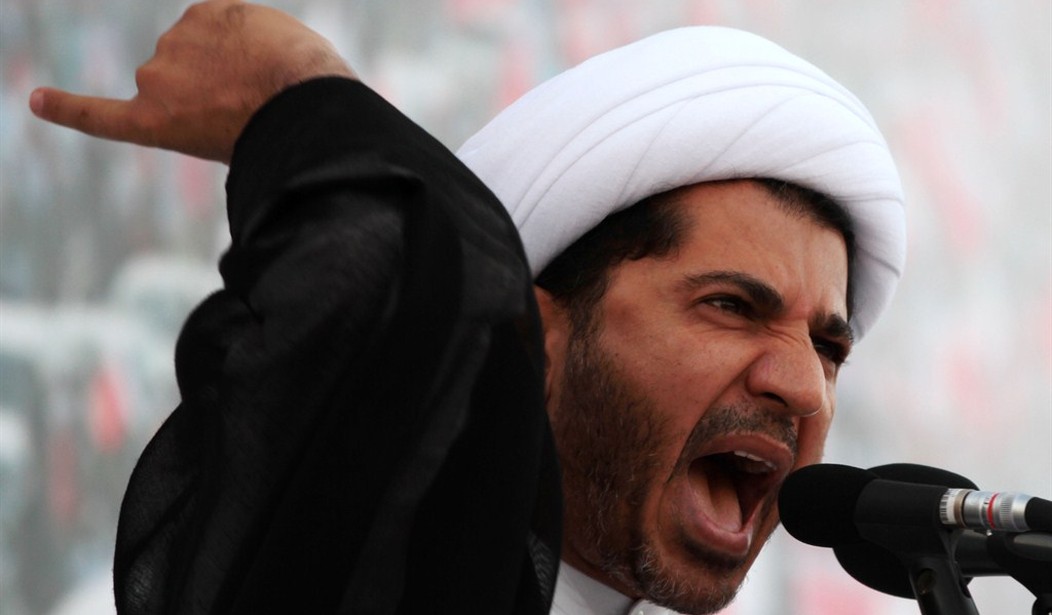The Arab Spring has evolved fully into the Winter of Our Discontent. An American offer to negotiation with Iran over nuclear weapons and its apparent rapprochement have set in motion serious changes beyond the forecasting ability of any so-called analysts.
Let me cite two examples. Saudi Arabia was once an ally of the United States, notwithstanding its promotion of Wahabbist ideology around the globe. This nation of princes bought U.S. weapons, paid handsomely for visits by public officials and, most significantly, relied on a U.S. nuclear and defense umbrella for national security.
That is now virtually at an end. From the Saudi standpoint, the end of the sanctions – effectively abrogated with the Iran negotiation agreement – and the tilt by the State Department away from the Egyptian military government, have sent a powerful message to King Abdullah that Saudi and American interests are clearly at odds.
Public expression of President Obama’s “political weakness” and “foreign policy incompetence” were unprecedented in Saudi circles. But, this is commonly expressed today. There is the recurring belief that Obama will allow Iran to possess nuclear weapons or, at least, possess enough refined uranium to produce nuclear weapons, thereby putting at risk Saudi oil fields located in Shia areas of this Sunni nation.
From the Saudi point of view, the rise of Iran as a potential nuclear power is unacceptable. The combination of a political and military threat has precipitated a leap to Pakistan for the purchase of a Saudi nuclear weapon. Proliferation is accelerating.
Recommended
Should the Saudis possess the bomb as a deterrent, Sunni friends in Turkey and Egypt will demand the same. The genie of self-denial is out of the bottle and Sunni nations that may disagree on tactics are fully united in an anti-Iran strategy. Left out of this equation is the United States, even though the U.S. once had cordial ties to Turkey, Saudi Arabia and Egypt.
That, of course, brings me to the question of the U.S.-Egypt relationship. With the overthrow of Morsi and the Muslim Brotherhood government, the United States has maintained a distinctly cold attitude to the military leadership contending that it is an illegitimate government underserving of diplomatic legitimacy. The uprising against Morsi has been depicted as a “military coup” preventing the dispatch of Apache helicopters to Egypt. These Apaches had been promised to fight the war in the Sinai against well-armed terrorists, including al Qaeda operatives. Now they are frozen in State Department bureaucratic files.
This tactic is a little like cutting off your nose to spite your face. If the terrorists are our enemy and the enemy of our friend Israel, the U.S. should do whatever is necessary to see them defeated. Yet remarkably we sit on the sidelines as al Sisi, the likely next president, negotiates with Russia for the military assets Egypt requires. Willy-nilly, the U.S. has thrown Egypt into the willing arms of Russia, now fully entrenched in the Middle East from which it was forced to withdraw in the 1980’s. By any measure, the U.S. appears weak, unreliable and equivocal – characteristics one would not associate with a firm ally.
The challenges represented by these two national examples suggest a foreign policy that is uneven and, one might say, unusual. It appears as if the friends of yesteryear are easily overlooked in the eagerness to broker a deal with Iran. The implications of that policy are reverberating from Moscow to the Levant. Moreover, Iran, recognizing the eagerness of the Obama team for a deal, has the U.S. over a barrel. The terms to be set are largely in the hands of the mullahs. Weakness begets aggression, as the lessons of history are revisited by an American administration residing in a fog of resignation.

























Join the conversation as a VIP Member